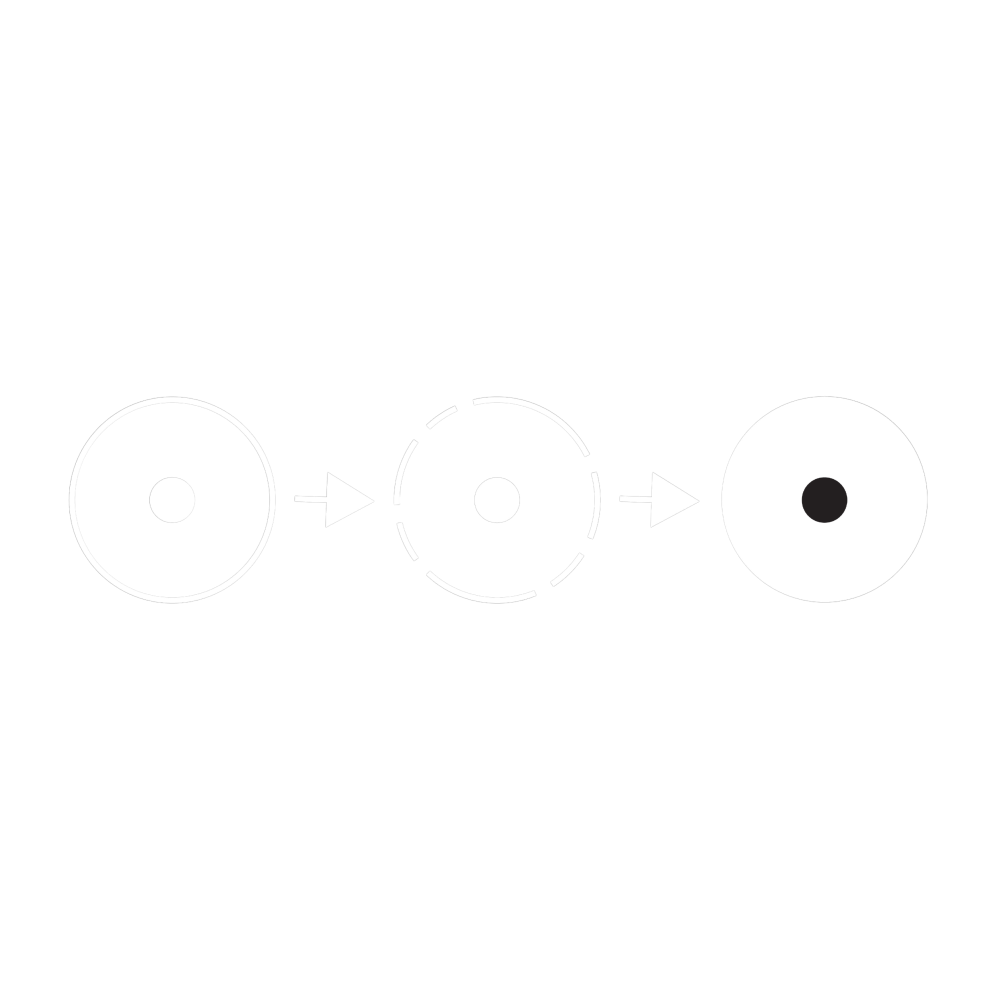Ageing and cancer

Challenge: Decipher the functional basis underlying the association between ageing somatic tissues and cancer.
We set this challenge in 2023, however, we did not fund a team to address it. We're not accepting new applications. We're not accepting new applications.
Please note that the description below reflects the challenge as set by our Scientific Committee in 2023; we understand that there may have been developments in the field between then and now.
Currently viewing section: Context
Context
Cancer incidence increases dramatically with age and is the leading cause of death in both males and females aged 60-79 years old. Ageing is associated with tissue remodelling and an accumulation of somatic mutations, genome instability, epigenetic alterations, and mitochondrial dysfunction amongst other cellular abnormalities. How distinct ageing processes increase cancer risk at different organ sites remains unclear. No single cellular process associated with an ageing soma sufficiently explains cancer risk across all tissues.
This challenge seeks to understand how ageing-associated molecular changes in somatic cells and immune dysfunction together with endogenous and exogenous environmental factors, impact early cancer initiation in ageing somatic tissues, and organ-specific cancer risk.
Barriers and opportunities
Ageing is associated with multiple aberrations in cellular physiology, immune dysfunction, tissue homeostasis and architecture. Somatic cell dysfunction with age is manifested by genomic instability, telomere attrition, epigenetic alterations, loss of proteostasis, deregulated nutrient sensing, mitochondrial dysfunction, cellular senescence, altered intercellular communication and stem cell exhaustion. Ageing tissues suffer from extracellular matrix (ECM) remodelling that might permit expansion of mutant clones within normal tissue and an ageing immune system impairs immune surveillance.
No single ageing process explains cancer risk across all tissues suggesting that distinct cellular processes associated with ageing drive cancer risk in different tissues. The multi-faceted impact of ageing on cellular and organ function, the absence of tractable model systems that reflect human longevity and our nascent understanding of clonal evolution of normal cells in ageing tissue and the impact of ageing processes on tissue architecture have together limited our understanding of how ageing increases cancer risk.
New approaches are required to:
- Develop functional insights into how ageing contributes to cancer risk
- Understand how changes in tissue architecture driven by ageing and prolonged exposures to environmental stimuli might alter clonal dynamics in normal tissue and influence cancer risk
- Understand how distinct ageing-associated cellular and immune processes impact early cancer initiation and organ-specific cancer risk
Vision and Impact
Addressing this challenge would provide a deep functional understanding of diverse cellular and immune ageing processes and their functional consequences on organ-specific cancer risk.
Techniques could be developed to understand how alterations in the ECM constrain or promote clonal expansions within normal tissue and how ageing of somatic cells, taking into account environmental exposures, contributes to tumour initiation and promotion. Addressing this challenge will require an interdisciplinary team that could include members with expertise in ageing syndromes and animal modelling, natural ageing processes in human tissue, cellular senescence and mitochondrial function, immunology, extracellular matrix biology, environmental carcinogenesis, and clonal evolution of normal tissue. Applicants should specify their definition of ageing as it relates to the proposed studies, including a rationale for the models selected and/or age range of study participants.
By identifying functional ageing processes driving organ-specific cancer risk, new interventions that lower cancer risk in ageing populations could be developed.
Plain language summary: Why ageing and cancer?
Age is a major risk factor for cancer. As we age, the cells in our bodies accumulate genetic changes called mutations, and normal cellular processes begin to go awry. As these changes build up, the likelihood of getting cancer increases. The immune system also becomes less effective with ageing and may become unable to detect and eliminate cancer cells when they arise.
Research has shown that the processes underlying ageing overlap with those of cancer development, but how distinct ageing processes increase cancer risk in different organs is unclear. Because no single ageing process explains cancer risk across all tissues, different cellular processes associated with ageing are likely to drive cancer risk in different organs.
This challenge seeks to gain a thorough understanding of the cellular and immune changes associated with ageing and how they contribute to cancer risk in different organs. This knowledge could help us to find new strategies to decrease cancer risk in ageing populations.
